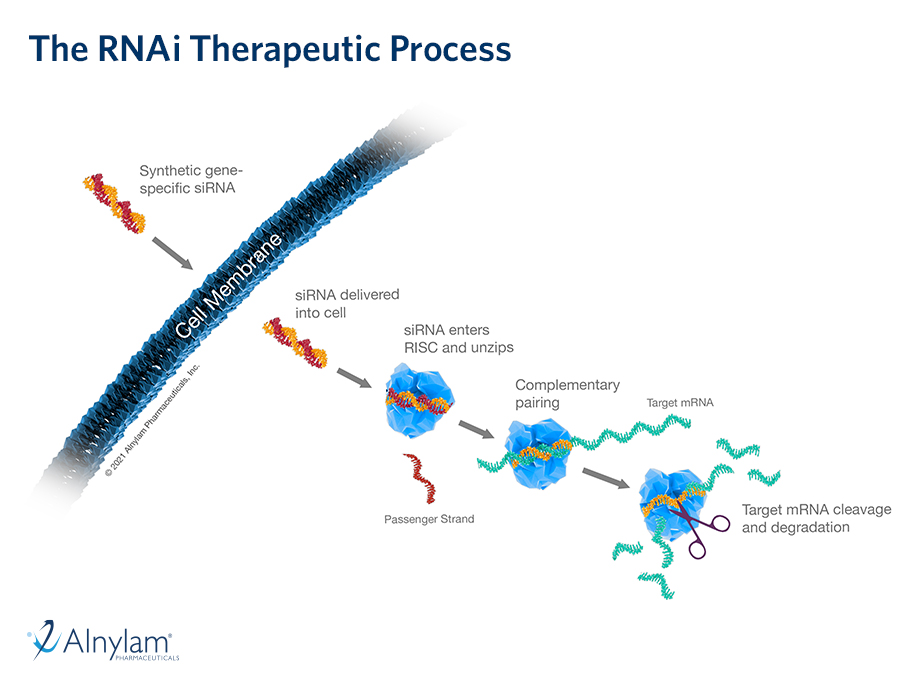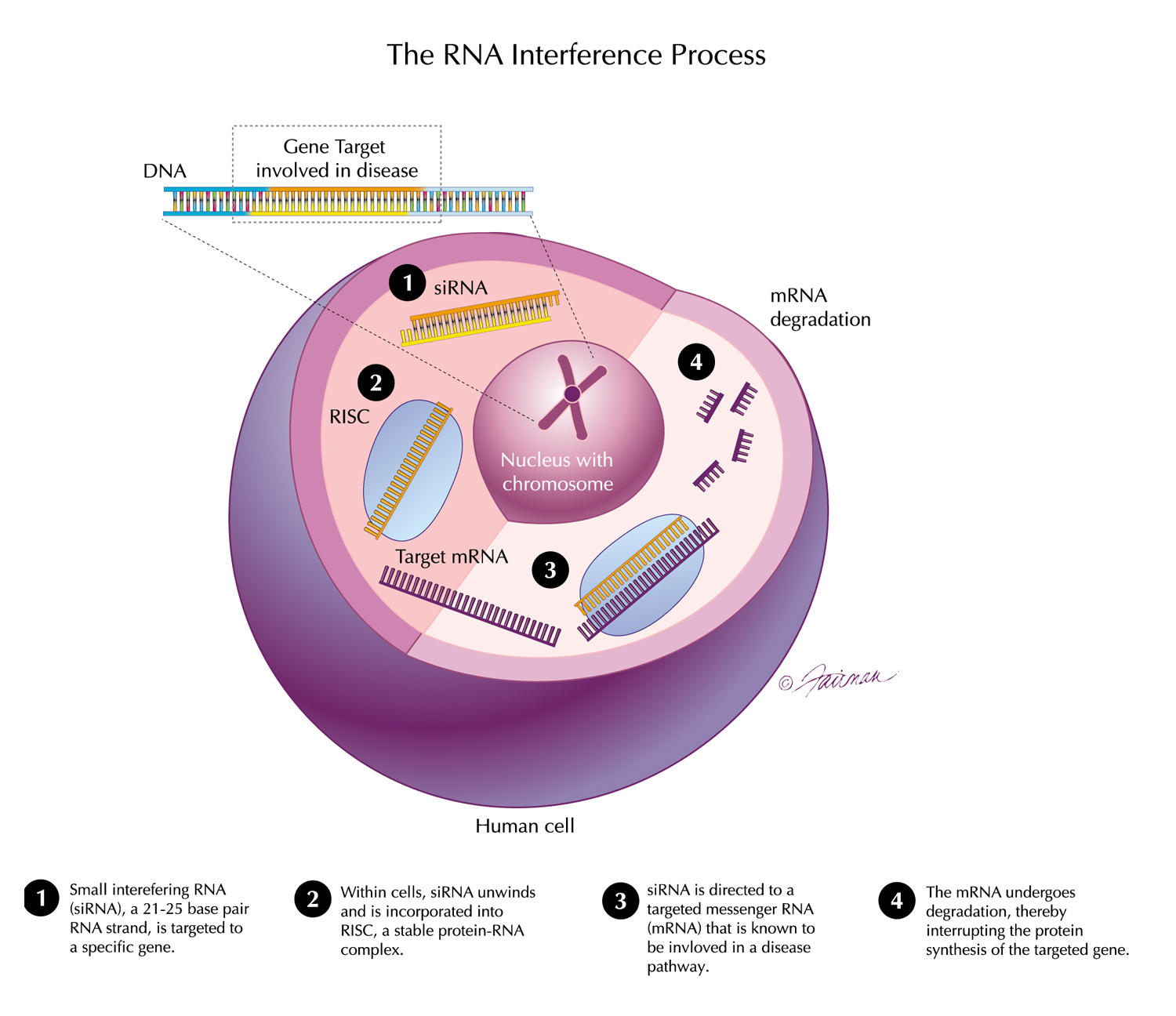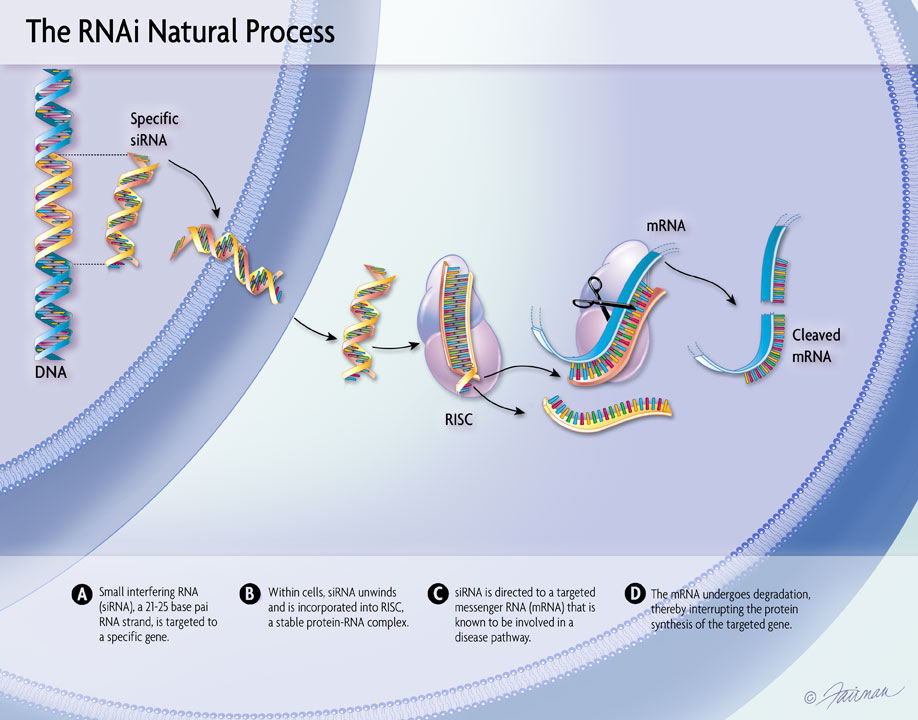
08 Jun, 2018 New Positive Clinical Results for Lumasiran at OxalEurope
We presented new positive results from the Phase 1/2 study with lumasiran, an investigational RNAi therapeutic targeting glycolate oxidase (GO) for the treatment of Primary Hyperoxaluria Type 1 (PH1), at the OxalEurope, European Hyperoxaluria Consortium, held June 8, 2018 in Naples, Italy.
Lumasiran demonstrated a mean maximal reduction in urinary oxalate of 64% in patients enrolled in Cohorts 1-3 (N=12). All lumasiran-treated patients experienced a lowering in urinary oxalate below 0.7 mmol/24 hrs/1.73m2, a threshold level associated with a reduced rate of progression to end-stage renal disease. On day 85, patients receiving lumasiran (N=9) maintained a mean reduction in urinary oxalate of 63% (range: 49-73%).
Lumasiran was generally well tolerated in all patients in the Phase 1/2 study (N=20). Fifteen (75%) of patients treated with lumasiran experienced an adverse event (AE); the majority of AEs were mild or moderate in severity and unrelated to study drug. AEs occurring in three or more patients included abdominal pain, headache, nasopharyngitis, pyrexia, and vomiting. Two patients reported injection site reactions, both of which were mild and transient. Two patients reported severe AEs; one patient had pyelonephritis during placebo dosing and one patient had a kidney stone with renal colic after lumasiran dosing. One patient receiving placebo and three patients receiving lumasiran reported serious adverse events (SAEs); none were assessed as related to study drug. The placebo patient experienced kidney stones and pyelonephritis. The lumasiran patients with SAEs included one patient with kidney stones, one patient with fever and abdominal pain, and one patient with gastroenteritis. Lumasiran has not been associated with any clinically significant adverse laboratory findings, and there were no study discontinuations due to AEs through the data cut-off date.
These results continue to support the hypothesis that GO inhibition has the potential to reduce and possibly normalize levels of hepatic oxalate production, thus potentially halting PH1 disease progression. We look forward to advancing this program into Phase 3 development mid-year with the goal of bringing lumasiran to patients in need.


